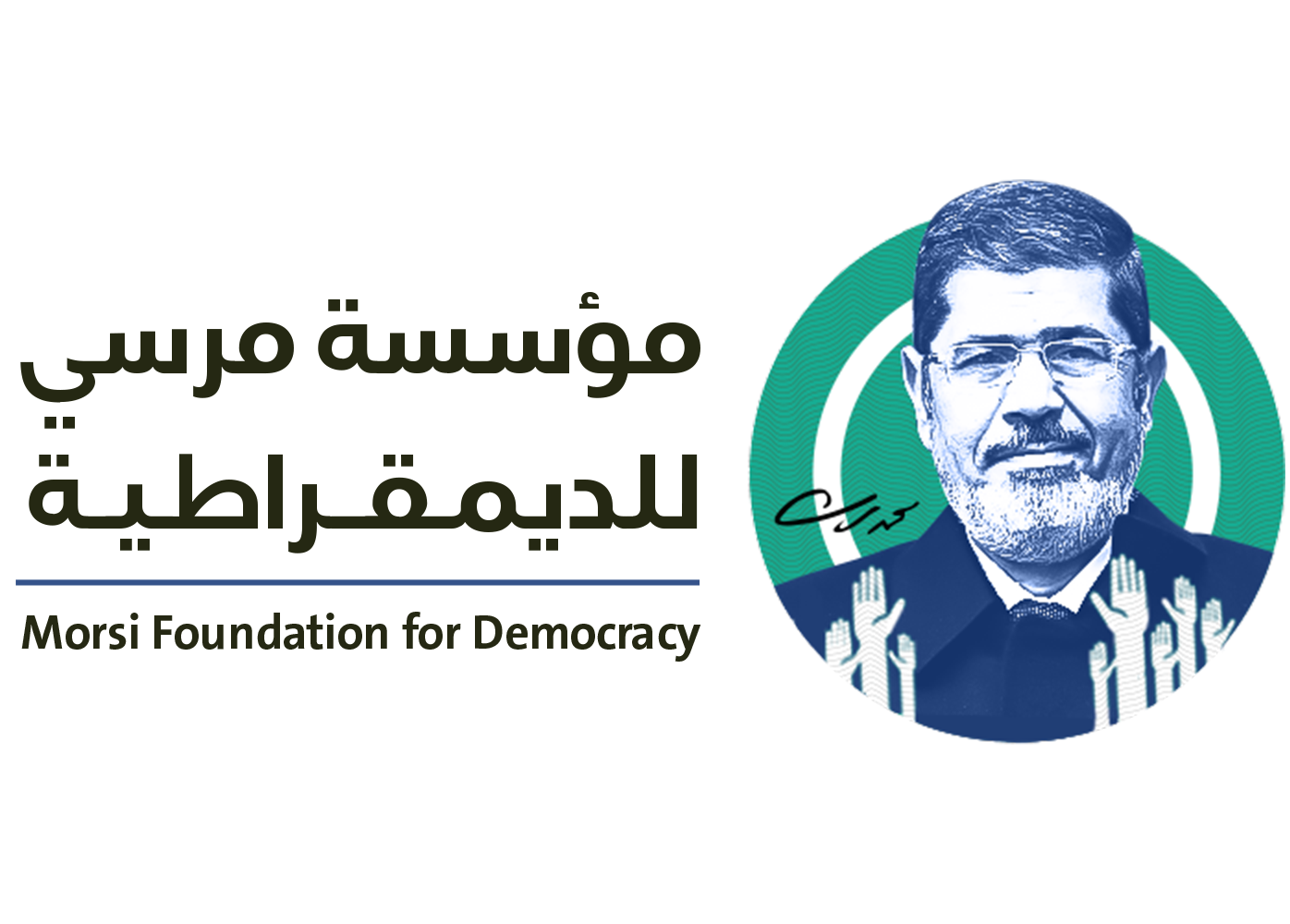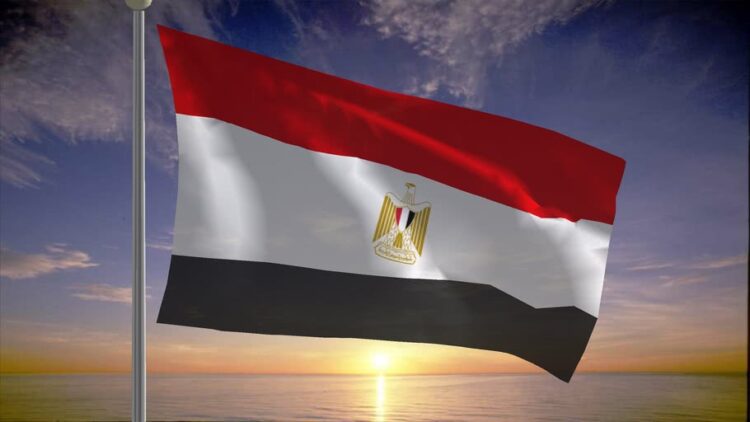In the most recent inventory of the Egyptian political parties, the official website of the State Information Service put together a list of 87 parties, which are almost all parties licensed to operate in Egypt. However, the tangible reality confirms that most of these parties are just nominal entities that do not enjoy any popular support, nor do they exercise their natural role in opposing the government, as they are out of power.
The number of political parties in Egypt before the January 25 revolution reached more than 80, most of which are formal parties that have a limited role in representing partisan pluralism. With the fall of the regime of ousted President Hosni Mubarak, the public sphere opened up for politicians, youth of the revolution, and political movements to form more parties, bringing the number to more than 100 parties. Then it shrank again to 87 political parties, according to the Egyptian government’s State Information Service.
However, in light of the political bulldozing that took place in recent years, the role of dozens of political parties remained limited, to the extent that some parties did not have official headquarters or did not have the ability to organize any event inside their headquarters without security permission. The past years witnessed a state of stagnation and anticipation within the party activity in Egypt, in addition to the frequent arrests of members of these parties.
Security forces parties
At the top of the list published by the State Information Service, is the “National Future” party, which was founded by members of the Egyptian Military Intelligence and Reconnaissance Department in 2014, and emerged after the 2013 coup. The party grew remarkably in a short period until it became the largest party in Egypt in terms of parliamentary representation and is known for its absolute support for Sisi. and his relations with senior government officials. Oversight was finally transferred to the National Security Agency of the Ministry of the Interior.
In the first parliamentary experience in 2015, the party won 57 seats in the House of Representatives, after which it won 316 seats in the 2020 House of Representatives elections out of 596 seats, and 149 seats in the 2020 Senate elections out of 300 seats.
There is also the “Homat Al-Watan” party, which includes a group of retired armed forces officers, led by Lieutenant General Jalal Haridi, and occupies fourth place in the Egyptian Parliament with 18 deputies. The party was restructured in February 2021, and Major General Ahmed Al-Awadi was appointed as deputy head of the party, and Major General Tariq Naseer as secretary-general of the party. The party expanded to open new party headquarters and units nationwide, amounting to a thousand new party units and headquarters. It is also known for its absolute support for Sisi.
There is also the “Forsan Misr” party, which was founded by former officers in the Egyptian army. The party ran in the Egyptian parliamentary elections in 2015.
There are also parties affiliated with the security services in one way or another, such as “Al-Nasr Al-Masry”, which was established in 2011, headed by Counselor Muhammad Mumtaz Metwally, First Vice President of the Court of Cassation, and “The Egyptian Citizen”, which was established after 2011 from the “remnants” of the dissolved National Democratic Party. , “The Voice of Egypt”, “Victory of my country”, “The Egyptians”, and the “Egyptian National Movement” party, which was founded by Lieutenant General Ahmed Shafik after 2011.
Parties without a role
There are also many parties that have completely lost any public presence, so they do not engage in any partisan activity, including the “Conference” party founded by the former Secretary-General of the League of Arab States and former candidate for the presidency, Amr Moussa, the “Tomorrow” party, and the “Green” party. The “Modern Egypt” party, the “Egypt for the Future” party, the “Confrontation” party, the “Human Rights and Citizenship” party, the “Democratic Peace” party, the “Democratic Workers” party, and the “Egypt Freedom” party, which was founded by the political activist Amr Hamzawy after 2011. The Democratic Union Party, the Democratic Generation, the Umma, and the Free Social Constitution.
There are also parties whose exact ideology is “unknown” and did not play any role at all, but they remain entities on paper, including: “Reform”, “Reform and Freedom”, “National Liberation Front”, “Egypt of Civilization” and “Egyptian Lives”. and “Unity and Freedom”.
There are some other parties such as the “Free Egyptians”, a liberal party founded by businessman Naguib Sawiris, and the “National Progressive Unity Gathering”, which is one of the most prominent Egyptian leftist parties, and was founded in 1976 by Khaled Mohieldin, and publishes Al-Ahali newspaper. Because of its positions, a number of members defected from it and joined the Socialist Popular Alliance. And the “Strong Egypt” party, which was founded by Abdel Moneim Aboul Fotouh, the presidential candidate in the 2012 elections, and the current detainee.
Civil movement parties
The “Civil Democratic Movement” in Egypt includes 12 political parties, whose ideologies range from liberalism to leftism of varying shades. More than half of these parties were founded after the January 2011 revolution, at a rate of 3 parties with a liberal reference: “Justice”, “Reform and Development”, and “Al-Dustour.” Like them from the left spectrums: the “Socialist Popular Alliance”, “Egyptian Socialist”, “Egyptian Social Democratic”, along with Al-Karama Al-Nasseri.



